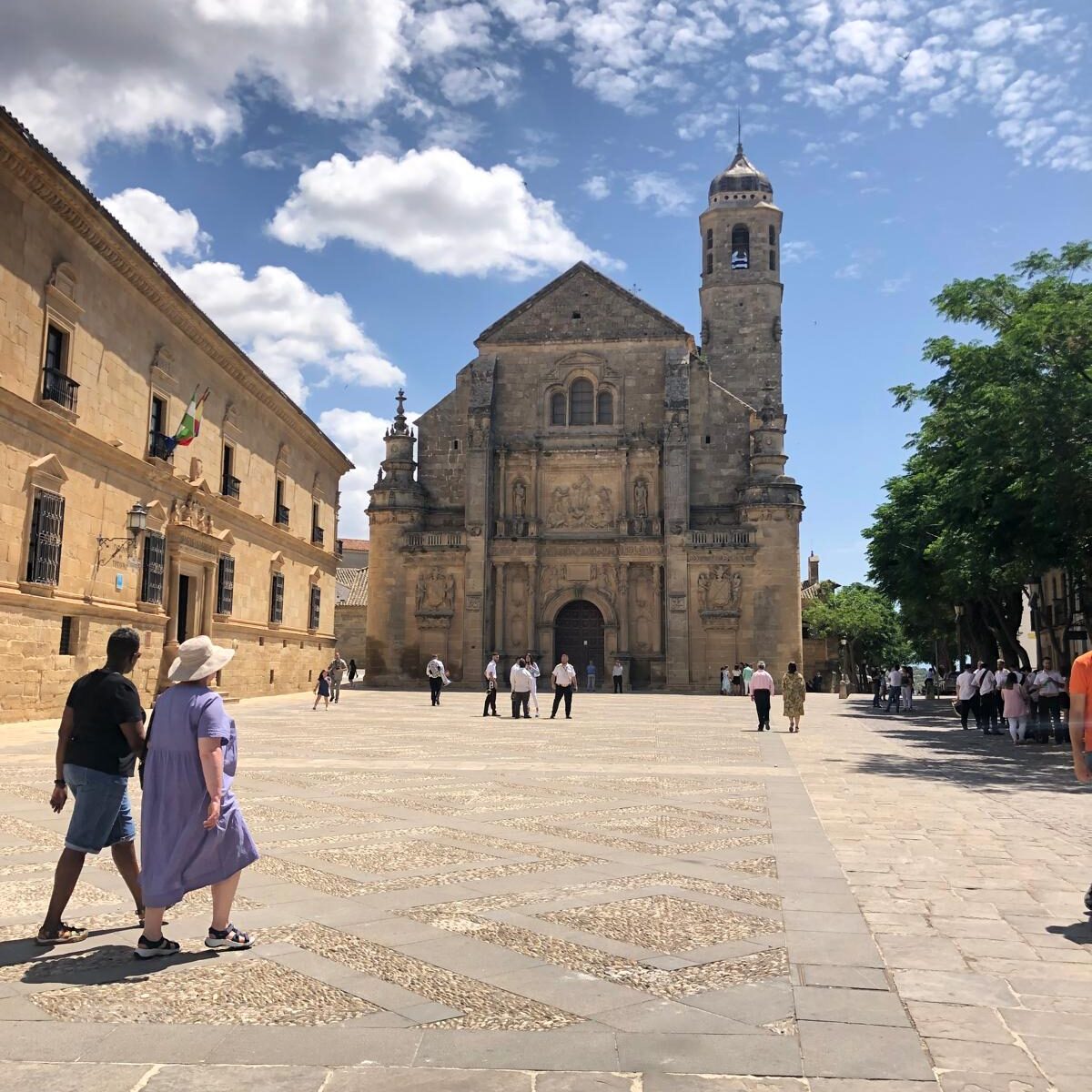Field Trip to Andalusia
Unveiling Andalusian Urban Heritage
The excursion is a collaboration between the University of Malaga (UMA) and RWTH Aachen University, focusing on UNESCO World Heritage cities in the region of Andalusia, southern Spain. The role and influence of UNESCO in the conservation of the Andalusian historic city is crucial. Buffer zones are designed to preserve the heritage values of the building. World Heritage Sites maintain a balance between preserving their historic areas and meeting the demands of modern urbanism. In this course, we will work on the conservation of the historic city of Andalusia, Spain, through UNESCO Cities. These are paradigmatic examples of urban management carried out based on their World Heritage status.
Heritage is a fundamental part of urban development. On this trip, we will work in two Andalusian cities: Úbeda and Baeza. Recognised as UNESCO World Heritage Sites, these cities maintain a balance between preserving their historic areas and meeting the demands of modern urbanism. Their status as UNESCO cities gives them worldwide recognition, which increases the responsibility for maintaining their architectural and urban integrity.
Úbeda and Baeza stand out for their exceptional Renaissance architecture. These cities have adopted urban strategies that prioritise the conservation of their monuments while developing modern infrastructures that improve the quality of life of their inhabitants. Their recognition by UNESCO reinforces the commitment to implement conservation policies that encourage citizen participation and cultural tourism. Local authorities are committed to protecting these sites by implementing regulations that guarantee their conservation and promote sustainable development. Heritage management in these cities aims not only to conserve but also to revitalise historic areas, promoting tourism and the local economy without compromising their authenticity.
During the workshop, there will be a programme of academic work supported by cultural activities. These will include visits to the cities of Úbeda and Baeza, and even the famous Cordoba, all UNESCO cities. In addition, there will be visits to the natural heritage of Cazorla, where students will get to know one of the most famous natural parks in Spain. On the other hand, visits have also been organised to discover the gastronomic heritage linked to olive oil. In fact, Andalusia is the world’s leading exporter of top quality olive oil. In general, the status of UNESCO cities significantly influences urban planning by promoting an approach that values heritage as a driver of economic and social development, thus ensuring a sustainable urban future.
Duration: 24 March – 30 March 2025
